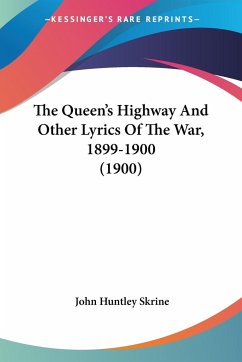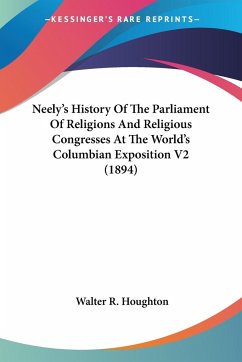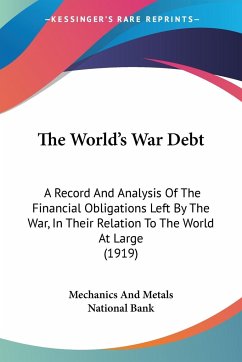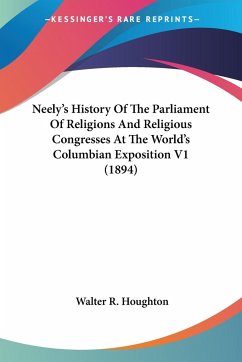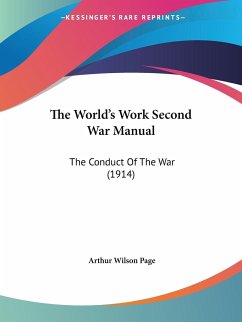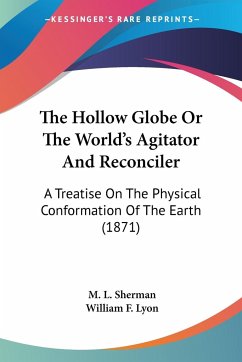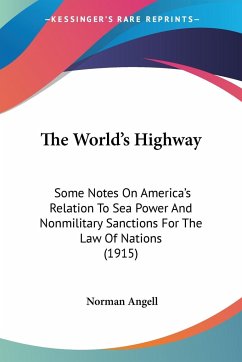
The World's Highway
Some Notes On America's Relation To Sea Power And Nonmilitary Sanctions For The Law Of Nations (1915)
Versandkostenfrei!
Versandfertig in 1-2 Wochen
32,99 €
inkl. MwSt.

PAYBACK Punkte
16 °P sammeln!
The World's Highway: Some Notes On America's Relation To Sea Power And Nonmilitary Sanctions For The Law Of Nations is a book written by Norman Angell in 1915. The book discusses America's relation to sea power and the use of nonmilitary sanctions for the law of nations. The author argues that sea power is an important factor in international relations and that America should take a leading role in promoting peace and stability through nonmilitary means. The book also explores the concept of nonmilitary sanctions, such as economic sanctions and diplomacy, as a way to enforce international law ...
The World's Highway: Some Notes On America's Relation To Sea Power And Nonmilitary Sanctions For The Law Of Nations is a book written by Norman Angell in 1915. The book discusses America's relation to sea power and the use of nonmilitary sanctions for the law of nations. The author argues that sea power is an important factor in international relations and that America should take a leading role in promoting peace and stability through nonmilitary means. The book also explores the concept of nonmilitary sanctions, such as economic sanctions and diplomacy, as a way to enforce international law and prevent conflicts. The author provides historical examples to support his arguments and offers insights into the challenges and opportunities facing America in the early 20th century. Overall, The World's Highway is a thought-provoking and insightful book that offers a unique perspective on America's role in the world.This scarce antiquarian book is a facsimile reprint of the old original and may contain some imperfections such as library marks and notations. Because we believe this work is culturally important, we have made it available as part of our commitment for protecting, preserving, and promoting the world's literature in affordable, high quality, modern editions, that are true to their original work.



